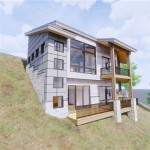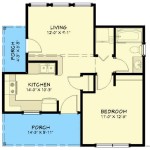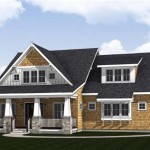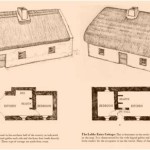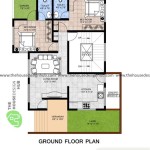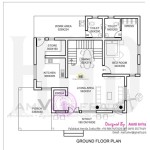Essential Aspects of Wood House Floor Plans
Wood houses offer a unique blend of warmth, durability, and aesthetic appeal. When designing a wood house, careful planning is essential to create a functional and inviting living space. Wood house floor plans provide a blueprint for the layout of the house, determining the flow of traffic, placement of rooms, and overall functionality. Here are some crucial aspects to consider when designing wood house floor plans:
1. Space Planning
Space planning is the foundation of a well-designed floor plan. It involves strategically allocating space to different rooms and functions, ensuring an efficient and comfortable flow. Start by identifying the essential areas of the house, such as bedrooms, bathrooms, kitchen, living room, and dining room. Determine the approximate size and configuration of each room based on your needs and preferences.
2. Flow and Circulation
The flow and circulation of traffic within the house are crucial for smooth movement and functionality. Plan for easy access to all areas of the house, with minimal interruptions or obstacles. Consider the placement of doorways, hallways, and stairs to create a logical and seamless transition between rooms.
3. Room Layout
The layout of each room should be designed to maximize space utilization and create a comfortable and functional environment. For bedrooms, ensure adequate space for furniture, storage, and a clear path of movement. In the kitchen, determine the optimal placement of appliances, cabinetry, and work surfaces to facilitate efficient meal preparation and storage.
4. Natural Light and Ventilation
Natural light and ventilation are essential for a healthy and welcoming home. Position windows and skylights strategically to allow ample natural light to enter the house, reducing the need for artificial lighting during the day. Cross-ventilation through strategically placed windows and doors promotes air circulation, improving indoor air quality and comfort.
5. Structural Considerations
Wood house floor plans must adhere to structural and building codes to ensure the safety and stability of the house. Consider the load-bearing capacity of walls, beams, and columns, and design the floor plan accordingly. Consult with a structural engineer to ensure that the plan meets all necessary safety requirements.
6. Architectural Style
The architectural style of the house should be reflected in the floor plan. Traditional wood houses may feature symmetrical layouts, pitched roofs, and wraparound porches, while contemporary designs often showcase open floor plans, flat roofs, and extensive use of windows. Ensure that the floor plan complements the overall architectural style of the house.
7. Energy Efficiency
Incorporating energy-efficient features into the floor plan can reduce energy consumption and lower utility bills. Consider optimizing the building orientation to maximize solar exposure and minimize heat loss. Plan for proper insulation, energy-efficient appliances, and renewable energy sources to create a sustainable and eco-friendly home.

Comparison Between The Floor Plans Of Popular Wooden House And That Scientific Diagram

Comfort Floor Plan 1st Wooden House By Rovaniemi Log Aito Blockhäuser

Floor Plan Of The Cosy Wooden Cottage By Rovaniemi Log House Aito Houses

Wooden House Plan Elevation And Section Detail Dwg File

Wooden House Plans Timber Home Design 148 M²

Modern Wood House Plans Tradition In Contemporary Lines

Wood Haven House Plan Modern Farmhouse One Story

6 Really Cozy Little Log Cabin Floor Plans

2 Y Wooden House Toulouse A Quality Building At An Affordable

Chalet Floor Plan House Maison En Bois Y Angle Wood Png Pngwing

